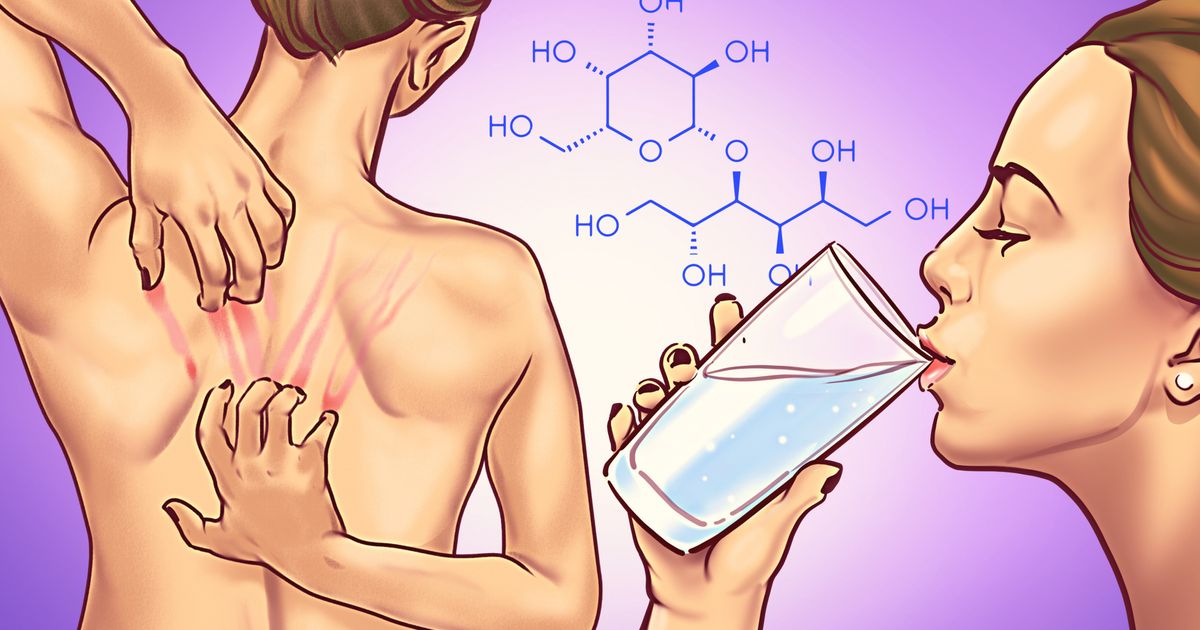10 Christmas Gifts That Missed the Mark So Badly They Became Legendary


American scientists found out that sugar is not as dangerous for our health as we think. More than that, a small amount of sugar is even necessary for our body to function properly. But we often eat too much ice cream, chocolate, cheesecake, and other tasty food. As a result, we gain extra weight, get early wrinkles, have acne, and get even more serious health problems.
If you really need to cut down on sugar, Bright Side will tell you how to do it. But first, you should learn about 3 sugar myths that often confuse us.
In fact, eating sugar doesn’t lead to diabetes. This illness is either inherited genetically or is caused by problems with the pancreas. The claim that sugar itself is dangerous for health is not true. In fact, a person can eat 12 spoons of sugar a day without any negative consequences.
This popular opinion that sugar is many times more addictive than cocaine is absurd because scientists found that if a person stops eating sweets, they won’t have the same symptoms that a drug addict would have. And people can’t live entirely without sugar because this carb is necessary to sustain life.
If you eat too much sugar, the collagen molecules in your skin become brittle and stiff which makes the skin less elastic. However, if you stop eating sugar completely, your skin will be dry.
Look at the photos above of 2 celebrities who are the same age. Gwyneth Paltrow eats healthy food and limits her sugar consumption whereas Sofía Vergara has said many times that she loves sweet foods. Both actresses are 46 years old, the photos were taken in 2018. Can you say that one of them looks older than the other? The most important thing is to listen to your body and eat the amount of sugar it needs.
There are situations when people really should cut down on eating sugar. Aside from diabetes and other conditions that have to do with insulin production, it should be limited in the following cases:
Eating sweet foods stimulates the production of endorphins — the hormones of joy. However, it can be received through other activities like, for example, going to the gym.
Dr. Komarovskiy recommends a similar approach for children. In order to draw a child’s attention away from sweet foods to something else, you need to offer them something interesting like going fishing, going to a fair, and so on. The more tired the child is when they come home, the lower the chance they will want to eat sweets.
Eat more protein: this food will make you feel full faster and longer. Try eating meat, fish, and seafood for breakfast and lunch. American nutritionist Christine Gerbstadt says that cold turkey is especially effective in reducing the hunger for sweet foods.
Replace the sweet taste with a different, more powerful taste. You can use cinnamon to do this. It contains a lot of useful elements and can also regulate the blood sugar level.
Stress often becomes the reason for why we want to eat sweets. Serotonin, magnesium, and vitamin B help deal with stress. If you realize that you start eating when you feel stressed out, you should see a doctor who will explain to you which elements your body needs and prescribe all the necessary supplements.
Beans and legumes contain a lot of magnesium (especially, peanuts and soy). Vitamin B can be found in nuts (hazelnuts and pine nuts), seafood, and cow’s liver. You can also try to relax as often as you can.
Dr. Marilyn Glenville, a leading nutritionist, explains that if you really want to eat chocolate, this may be your body’s way of telling you that it lacks chromium. In order to check if it this is true, try eating something healthy that contains this element like, for example, broccoli or red fish.
And what do you do when you want to eat something sweet? Tell us in the comment section below.











